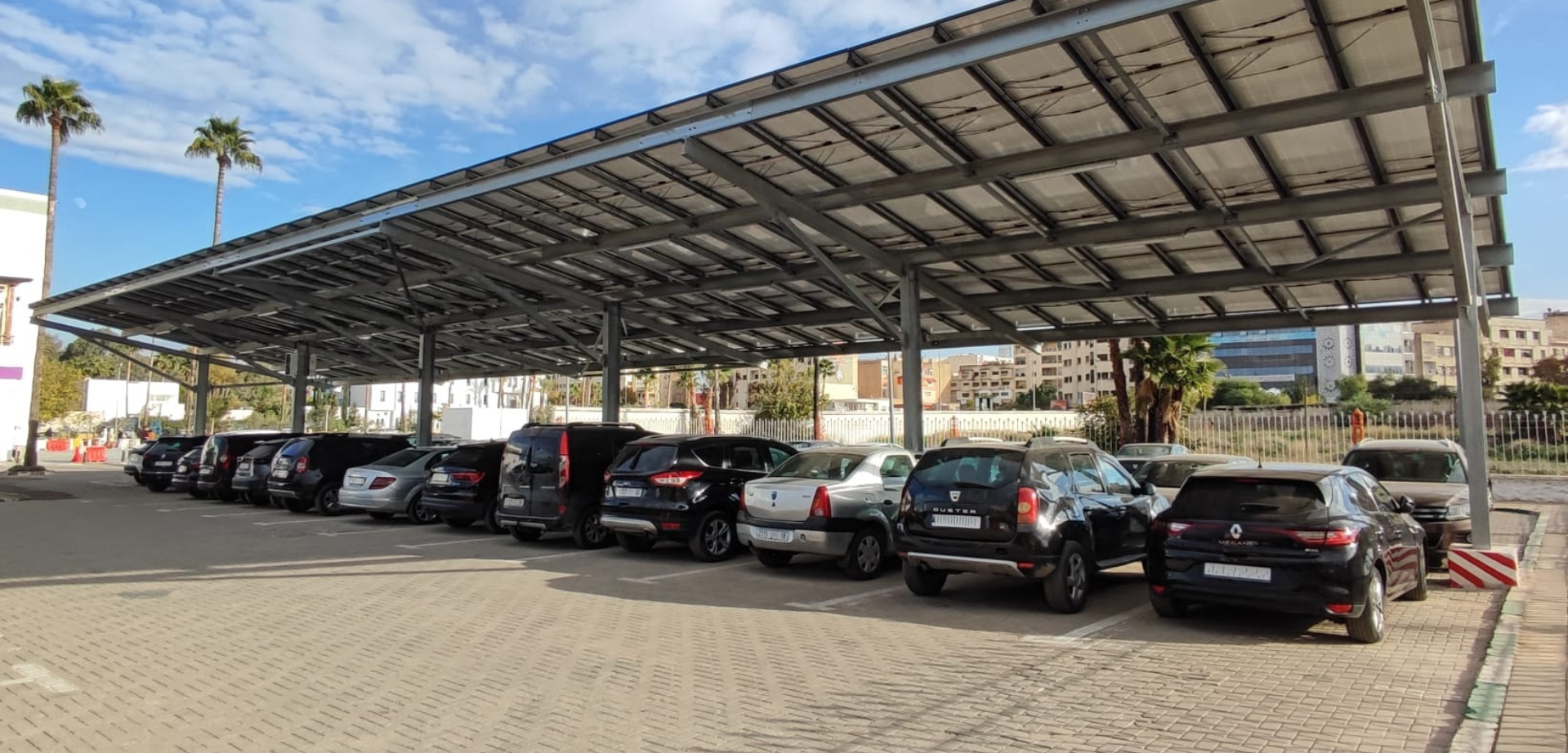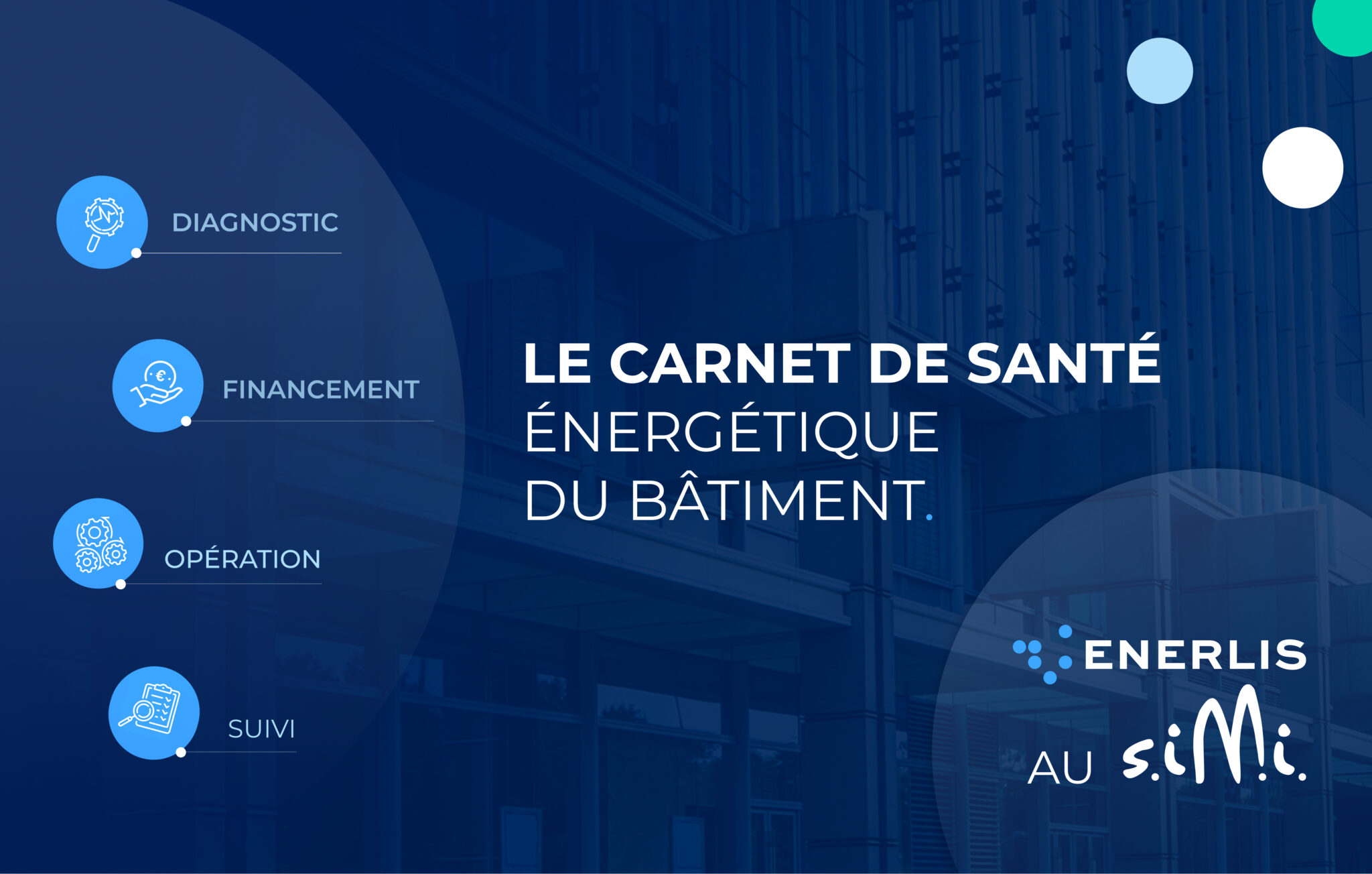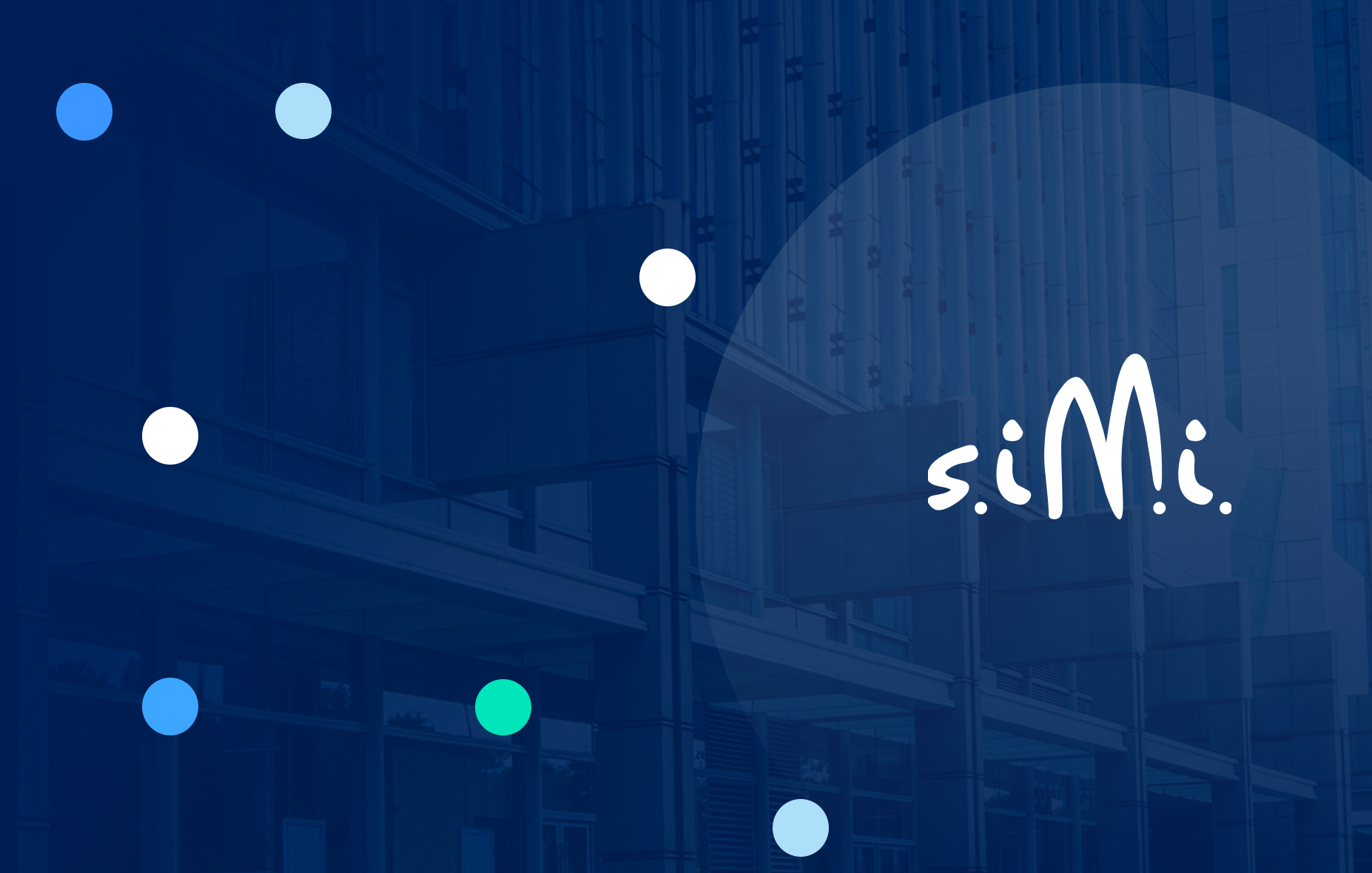Le développement de l’hydrogène bas carbone est une brique importante de la transition énergétique et du Plan France Relance. Il crée des opportunités pour réduire les émissions dans le secteur des transports (mobilité lourde, en remplacement du pétrole).
Décarboner la mobilité est donc un sujet d’aujourd’hui : les régions, les communautés, les départements et les agglomérations, mais aussi les entreprises se préparent à accueillir une mobilité vertueuse fondée sur l’électrique et l’hydrogène.
Thierry Martin, co-fondateur d’Enerlis, était sur le plateau de l’émission Smart Impact sur B Smart pour répondre aux questions de Thomas Hugues sur l’avenir de la filière hydrogène bas carbone dans la mobilité.
Thierry Martin a exposé l’ambition d’Enerlis de devenir à terme un acteur important du secteur, principalement sur les segments de la mobilité grâce à GreenHy, la filiale du groupe Enerlis.
En effet, GreenHy© by Enerlis propose de fournir et de livrer de l’hydrogène bas carbone, à l’état gazeux et comprimé, aux stations-services pour déployer la mobilité verte au sein des régions et des entreprises.
Cet hydrogène est produit par procédé d’électrolyse d’une saumure alimentée par de l’électricité d’origine très majoritairement décarbonée. Après plusieurs étapes de purification, l’hydrogène est comprimé à une pression de 350 bars et conditionné dans des containers prévus à cet effet puis acheminé vers les stations de distribution.
Articles similaires

COMMUNIQUÉ DE PRESSE | Enerlis au cœur du ferroviaire marocain !
Nous sommes fiers d’annoncer la livraison de deux centrales solaires photovoltaïques dans les gares de Fès et de Benguerir, réalisées...
Voir la suite

